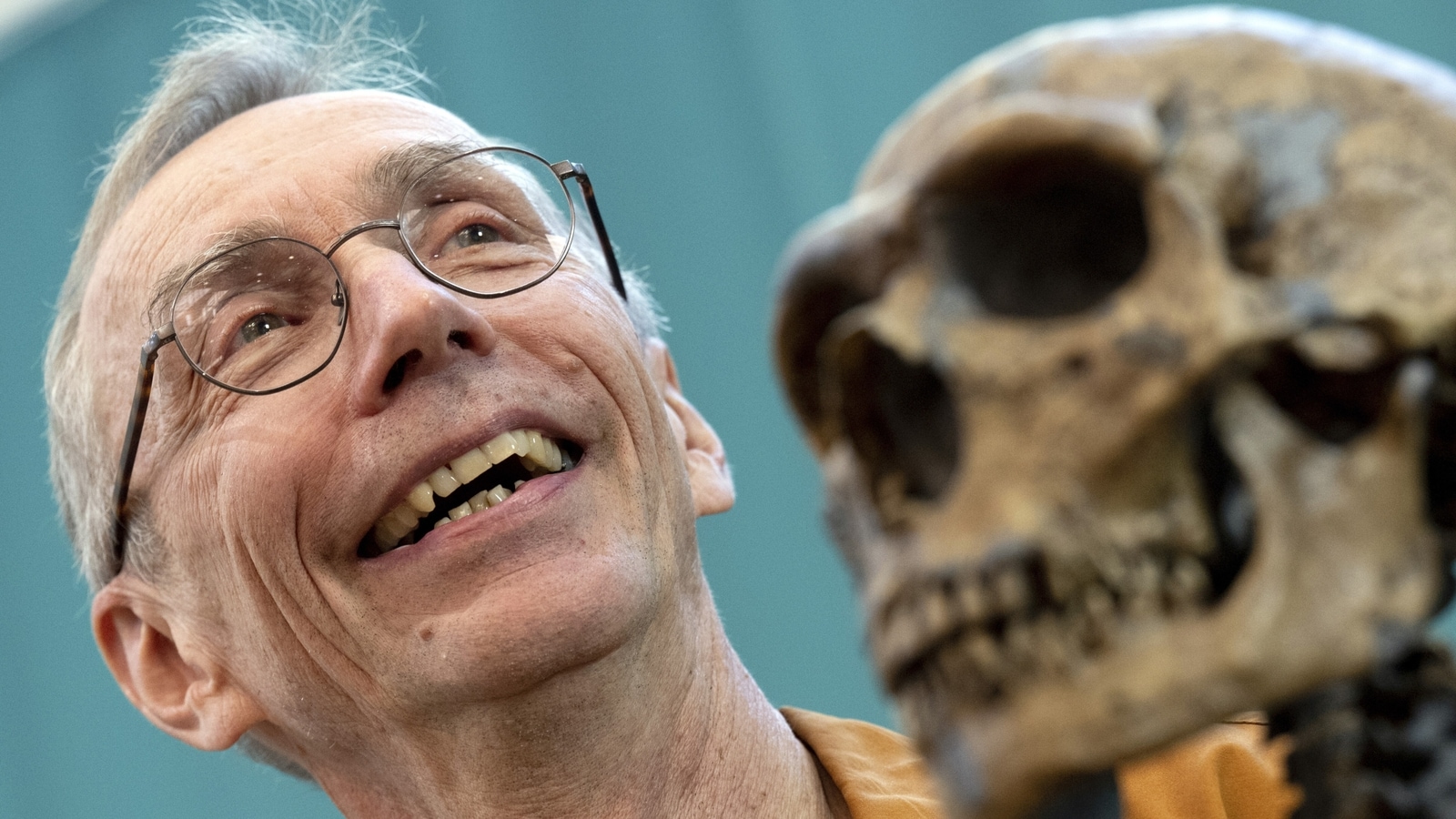 Nobel winner Svante Paabo’s discoveries exhibit what helps make us human: Described | World News
[ad_1]
Nobel winner Svante Paabo’s discoveries exhibit what helps make us human: Described | World News
[ad_1]
Svante Paabo from the Max Planck Institute for Evolutionary Anthropology in Leipzig, Germany was awarded the Nobel prize in physiology or medication for the 12 months 2022 on Monday “for his discoveries about the genomes of extinct hominins and human evolution”. Svante Paabo sequenced the genomes of the Neanderthals and Denisovans which aided in comprehending human evolution. He has pioneered the subject of historic DNA devoted to restoration and investigation of DNA from historic as properly as prehistoric stays.
What was Svante Paabo's early perform?
Svante Paabo finished his PhD in health-related science at Uppsala College in Sweden soon after which he analyzed Egyptology. The resources of molecular biology aided Paabo to perform in the subject of human prehistory as in the eighties, he analyzed historic DNA. Svante Paabo then formulated a sequence of techniques and recommendations to get better and interpret reliable DNA.
Could we get better DNA from dinosaurs?
In the early nineteen nineties, Svante Paabo remained sceptical on no matter if DNA from dinosaurs could endure, only to be verified appropriate afterwards. His aim then turned to get better the Neanderthal DNA. Creating techniques to achieve his goal, in 1997 Paabo and his colleagues printed the initially Neanderthal DNA sequences.
When was the total Neanderthal genome printed by Svante Paabo?
In 2010, the total Neanderthal genome which integrated all the genetic details saved in the DNA of just one Neanderthal was printed by Svante Paabo. A couple of many years afterwards, the genome from a earlier mysterious variety of human, the Denisovans, distantly connected to Neanderthals was also printed.
What does Svante Paabo's perform demonstrates us?
Svante Paabo's perform demonstrates that modern-day human beings have a modest proportion of DNA from Neanderthals and Denisovans. In addition, it also demonstrates that genetic mutations which are not shared which assists us fully grasp how the mind develops- therefore supporting us fully grasp what helps make us human.
[ad_2]



No comments:
Post a Comment